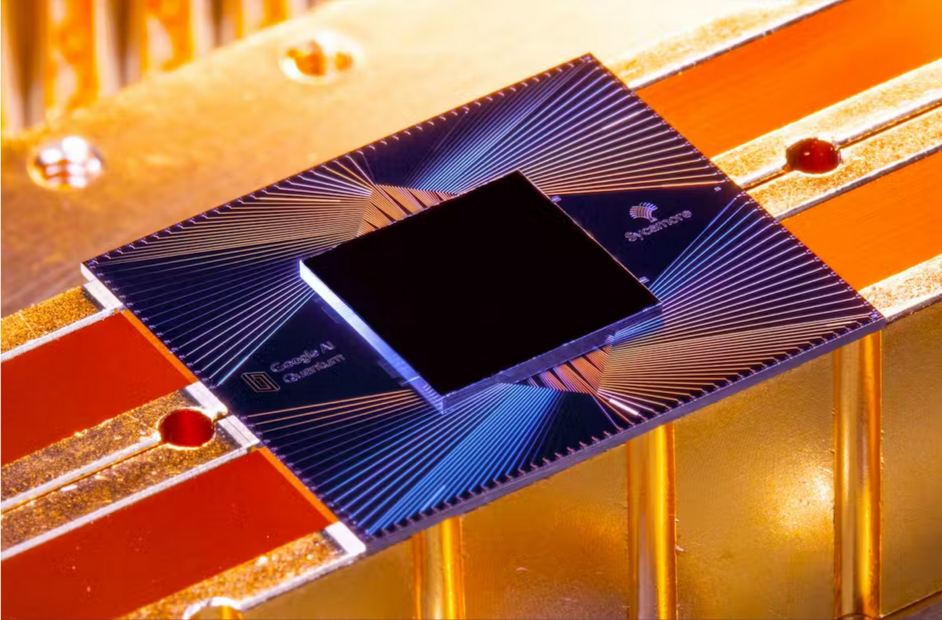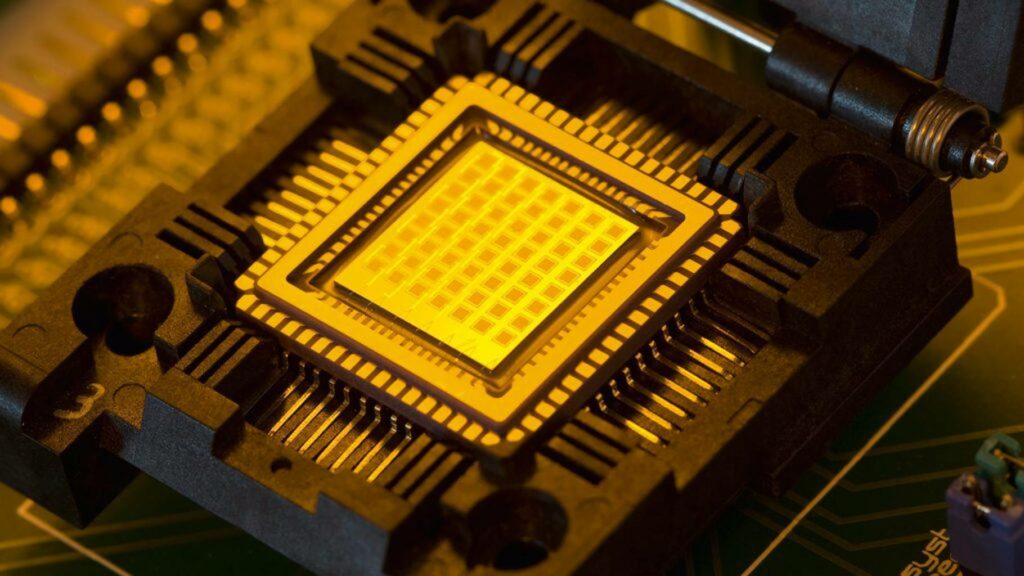In recent months, quantum computing has been making headlines, with experts suggesting that we are on the cusp of a transformative era. A quantum computer, unlike its classical counterparts, operates with quantum bits (qubits) and leverages the peculiar properties of quantum mechanics. But what’s quantum computer, its significance, the current landscape, and what the future holds for this exciting field?

Understanding quantum computing
Classical computers manipulate binary digits (bits) represented as 0s and 1s. In contrast, quantum computers use qubits, which can exist simultaneously in multiple states, thanks to superposition and entanglement principles. This allows quantum computers to perform certain calculations much faster and efficiently.
Why quantum computing matters
The power of quantum computing lies in its ability to tackle complex problems that have applications across various domains:
- Cryptography: One of the early applications of quantum computing will be in breaking current encryption algorithms. This will necessitate the development of quantum-resistant cryptographic technology to secure our digital information.
- Materials Science: Quantum computers can simulate molecular structures at the atomic scale, revolutionizing materials discovery. This has far-reaching implications in fields like batteries, pharmaceuticals, and chemistry-based industries.
- Optimization Problems: Quantum computers excel in solving optimization problems, which are prevalent in logistics, finance, and weather forecasting. Their speed and efficiency will enable us to tackle larger-scale problems in these areas.
- Machine Learning: Quantum computing can accelerate progress in machine learning. It can improve existing machine learning algorithms and potentially lead to the development of entirely new approaches.

The current landscape
As of 2023, quantum computing is transitioning from academic laboratories to industrial research and development facilities, thanks to substantial investments from multinational corporations and venture capitalists. Leading tech giants like IBM and Google are developing quantum computing prototypes. However, these machines are still in the “noisy intermediate-scale quantum” phase, where they are susceptible to errors.
Various technological approaches are being explored, including:
- Superconductors: Google, IBM, and Rigetti are adopting this approach, using loops of electric current in superconducting circuits.
- Trapped Ions: IonQ and Honeywell work with electrically charged atomic particles to reduce errors, leveraging the stability of ions.
- Silicon-Based Quantum Computing: Some companies are working on confining electrons within semiconductor materials and integrating them into classical silicon technology.
- Photonic Quantum Computing: Companies like PsiQuantum manipulate individual particles of light (photons) to perform quantum computations with high fidelity.

The quantum future
While predicting the exact future of quantum computing is challenging, there are several milestones likely to be achieved in the next decade:
- Better Error Correction: We anticipate transitioning from noisy devices to smaller, more reliable devices that can sustain computation through active error correction.
- Post-Quantum Cryptography: With the advent of quantum computing, cryptographic standards that can resist quantum attacks will be established and adopted.
Quantum computing is no longer a distant dream; it’s becoming a reality. The potential impact on various sectors, from cybersecurity to materials science and optimization problems, is immense. As the field advances, it’s only a matter of time before quantum computers become an integral part of our technological landscape, revolutionizing the way we solve problems and harness the power of the quantum realm.








